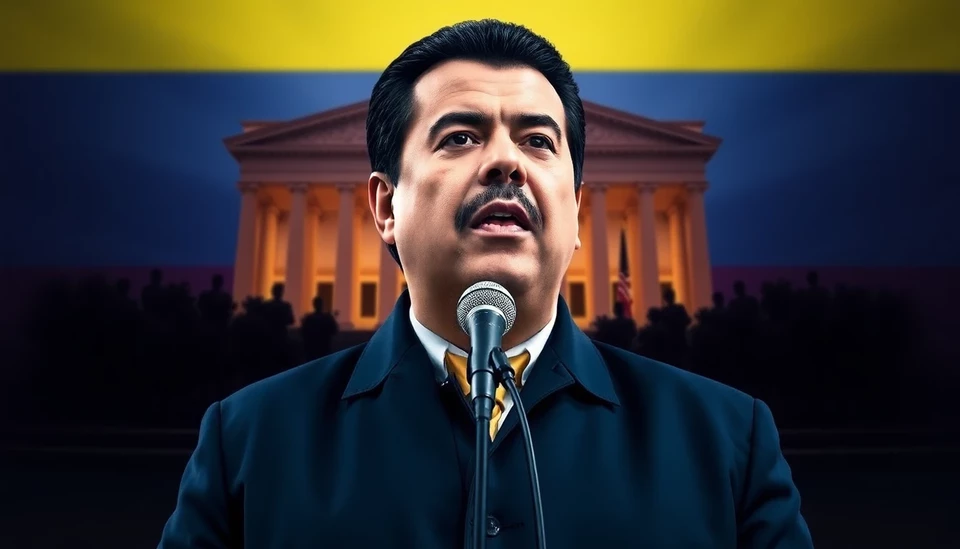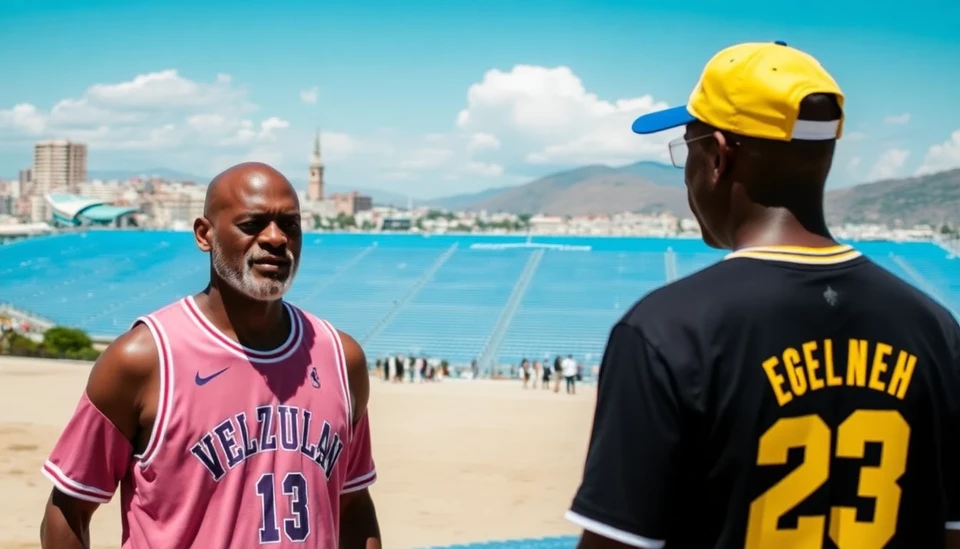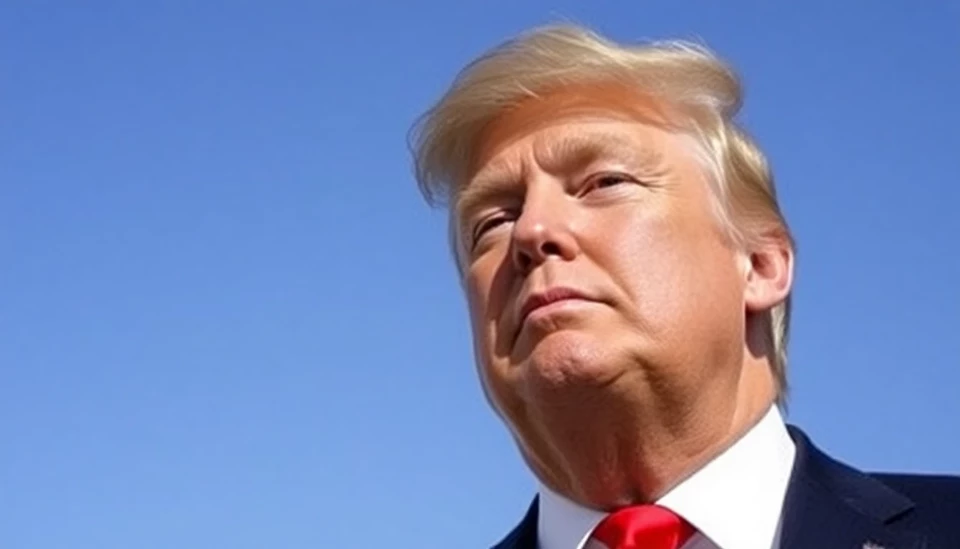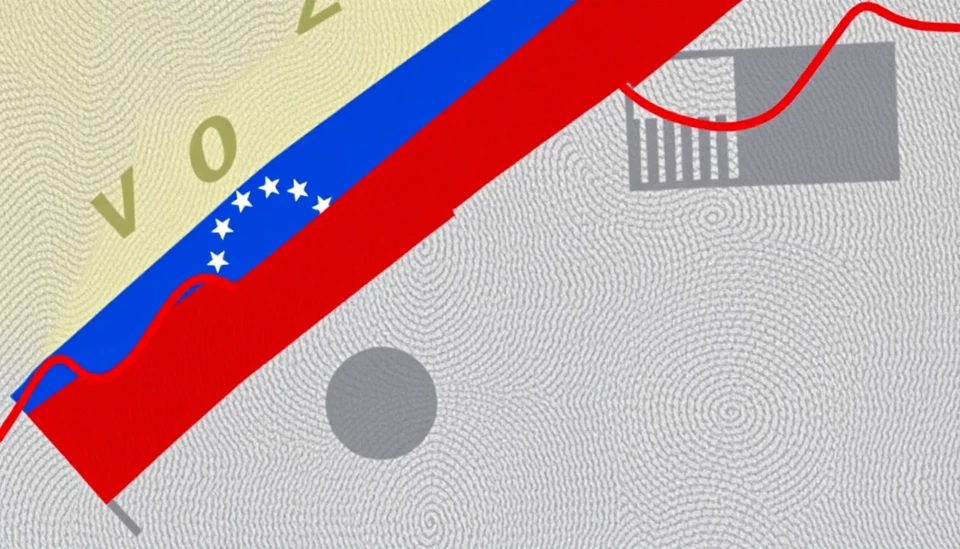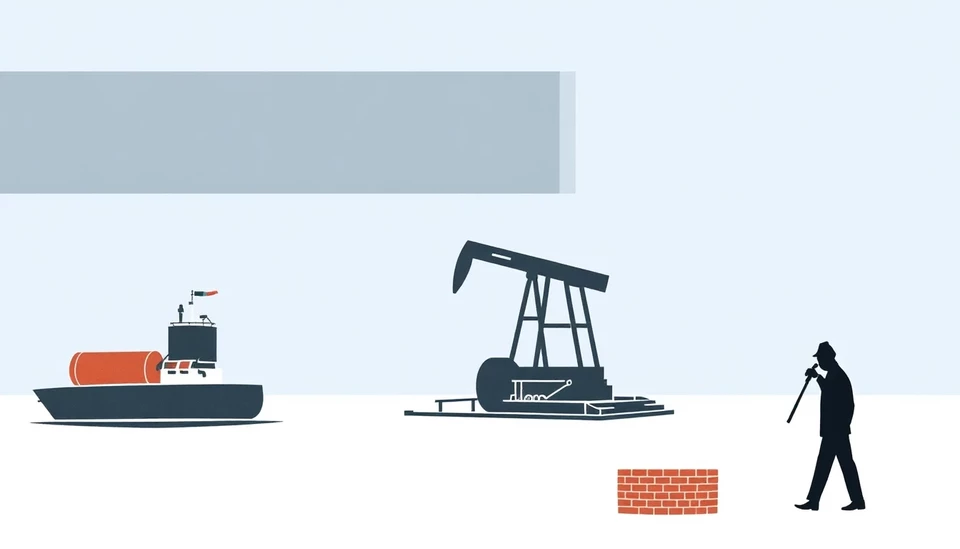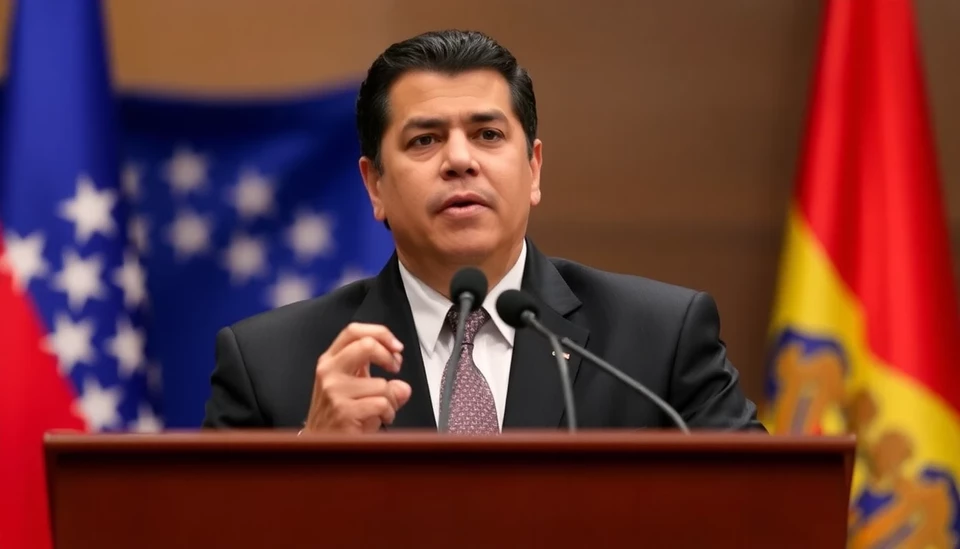
In a crucial move aimed at bolstering Venezuela's dwindling foreign reserves, President Nicolás Maduro has announced a significant reshuffle within the leadership of the Central Bank of Venezuela (BCV). The changes come in light of ongoing economic challenges facing the nation, characterized by hyperinflation and a collapse in oil revenues, which have left the country in dire straits.
Maduro's decision to change the board of directors at the Central Bank follows alarming declines in the country’s foreign reserves—an essential component in stabilizing the economy and ensuring liquidity. By appointing trusted allies in key positions, the government hopes to implement policies that will attract foreign investment and restore confidence in the country’s financial system.
Among the notable figures appointed is Lucas Rincón, a seasoned politician known for his loyalty to the Maduro government. Rincón takes the helm as President of the Central Bank, replacing the previous head, whose tenure was dominated by the struggle to manage costs and implement monetary policies meant to curb inflation. This strategic choice emphasizes the administration’s commitment to ensuring that its agenda for economic recovery remains aligned with the central banking authority.
In addition to Rincón, several other appointments have been made to the BCV board, with the emphasis on individuals regarded for their backgrounds in economics and their connection to the ruling party. This includes economists who have supported Maduro’s controversial policies in the past, which have oscillated between interventionism and attempts at liberalization.
Experts argue that these changes reflect Maduro's urgent need to address the persisting economic crisis, which is exacerbated by international sanctions and a global drop in oil prices—Venezuela's main source of revenue. The new appointments are charged with the dual directive of stabilizing the currency and increasing the country’s shrinking foreign reserves, a mandate that will undoubtedly be challenging given the existing economic landscape.
Market analysts view the reshuffle as an attempt to reassess the government's economic strategy in light of crippling inflation rates that have reportedly reached over 300% in recent years. There is skepticism, however, regarding whether the newly appointed central bank leaders can indeed pivot the current trajectory of the Venezuelan economy toward a more positive outcome.
Furthermore, key financial stakeholders are keeping a close watch on the government’s next moves. The reshuffled BCV is expected to convene in the coming weeks, during which they will likely unveil new monetary strategies critical for immediate economic recovery. This revitalization effort underscores Maduro's broader attempt to restore public trust and international credibility in an administration that has faced immense criticism for its economic policies.
The implications of these changes extend beyond financial circles, influencing political dynamics within the country as Maduro seeks to consolidate power amidst a divided nation ravaged by years of mismanagement, sanctions, and public discontent.
#Venezuela #NicolasMaduro #CentralBank #EconomicCrisis #ForeignReserves #MonetaryPolicy #Inflation #Politics
Author: Laura Mitchell
